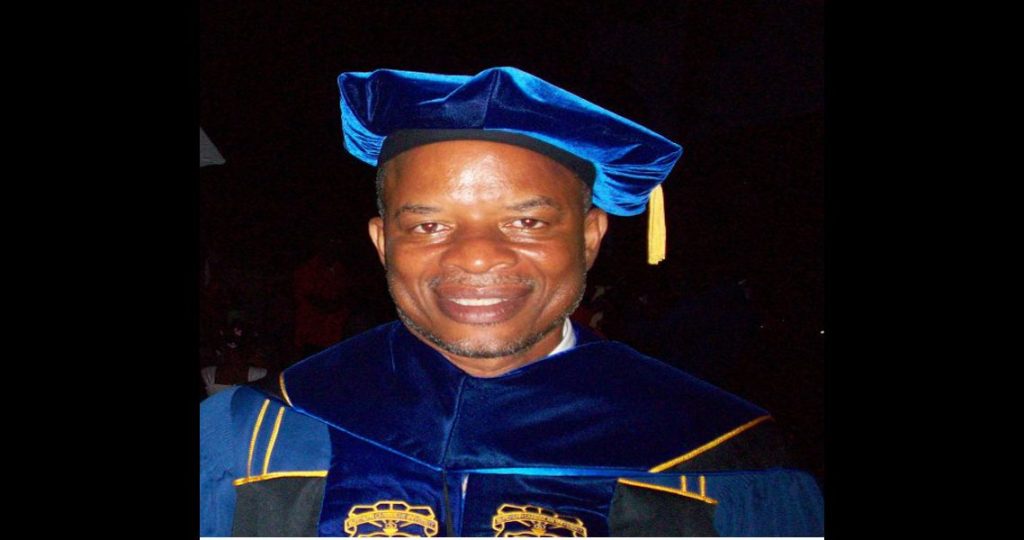By
Anthony G. Stewart, PhD
Students generate and test hypotheses in their ordinary everyday living. They make evaluations and judgments. They make decisions based on what they think may happen in the immediate or distant future. For example, they may decide whether or not they would walk with an umbrella depending on whether they think it would rain. Generating hypotheses and predictions; testing the hypotheses through investigation, observation, and finally analyzing; and drawing conclusions is one of the strategies of effective teachers. Two generalizations are associated with generation and testing hypotheses in the classroom: (a) generating and testing hypotheses can be deductive or inductive and (b) students should be asked to explain their hypotheses and conclusions. Research results for generating and testing hypotheses show student achievement results with a percentile gain ranging from 2 to 28 (Marzano et al., 2001).
This skill lends itself to practical work. The dilemma I faced in doing practical work in Biology, Chemistry, Integrated Science, and Physics was that this skill was the last one set out by the syllabus and students were scoring poorly in it. Students would have done excellent work but struggled with Planning and Designing that required Generating and Testing Hypotheses. The time for the submission of School Based Assessment approached and invariably, I could not find suitable Planning and Designing work that are worthy of being assessed. Additionally, some delinquent students would miss some of the Practicals that were done.
Because it was the responsibility of the teacher to ensure that the practical work is done, and the grade of the students reflect the teacher’s teaching, I vowed not to submit any failing School Based Assessment (Practical Lab Grades) for any student. Any time a delinquent student showed up to school and class we would sometimes have to forgo the planned lesson and do a Practical. In this way all students would have done sufficient practicals as required.
To solve the problem of not having suitable Planning and Designing practicals to assess I took a decision to reorganize all practicals in a format that incorporates Planning and Designing, and all other skills usually tested for in practicals. In this way, almost any practical that was done can be assessed for any of the skills the students should have mastered.
Another problem that I encountered involves dealing with repeating students who believe that they did the work already and do not want to do anything. The solution is never to repeat the same Lab in the same way. I always made changes to make the lab a new one.
Practicals are great equalizers because some students are better at getting connections to work, and contribute special skills that more able students do not possess. Practicals also lend themselves to the use of Cooperative Learning. I encourage students within a group to check each other’s Lab report and to correct any mistakes. This makes it easier for the Teacher and External Assessor as every essential element of the skills would have been adequately and accurately documented. This is useful in allowing students who do excellent practical work to get the mark they deserve. Because the School Based Assessment contributes 20% or more of the student’s final grade, it is important that students are given the opportunity to acquire the requisite skills and make corrections to their reports to perfection if necessary as time permits.
Many Schools do not allow students who need particular subjects that will impact their future careers to take those subjects. Those who would become Auto Mechanics, Construction workers, Navigators, Farmers, Electricians, and Detectives need the same Biology, Chemistry, and Physics that the future Doctors, Pharmacists, Chemists, Engineers, Architects, and Volcanologists need. Some students may need more time and in class practice, revision, and testing to succeed. Our teaching must adjust to the needs of the students.
Teachers who use the Classroom Instruction of Generating and Testing Hypotheses may engage students in projects that involve:
Generating hypotheses through problem solving tasks
Testing hypotheses through decision making tasks
Testing hypotheses through investigation tasks
Testing hypotheses through experimental inquiry tasks.

